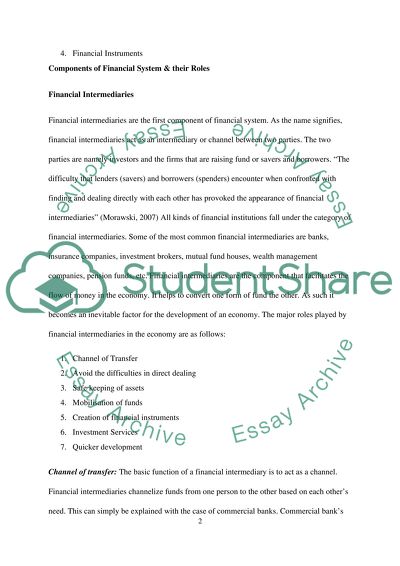Cite this document
(“Key Roles Performed by Financial System in the Economy Essay”, n.d.)
Retrieved from https://studentshare.org/macro-microeconomics/1393044-key-roles-performed-by-financial-system-in-the-economy
Retrieved from https://studentshare.org/macro-microeconomics/1393044-key-roles-performed-by-financial-system-in-the-economy
(Key Roles Performed by Financial System in the Economy Essay)
https://studentshare.org/macro-microeconomics/1393044-key-roles-performed-by-financial-system-in-the-economy.
https://studentshare.org/macro-microeconomics/1393044-key-roles-performed-by-financial-system-in-the-economy.
“Key Roles Performed by Financial System in the Economy Essay”, n.d. https://studentshare.org/macro-microeconomics/1393044-key-roles-performed-by-financial-system-in-the-economy.


